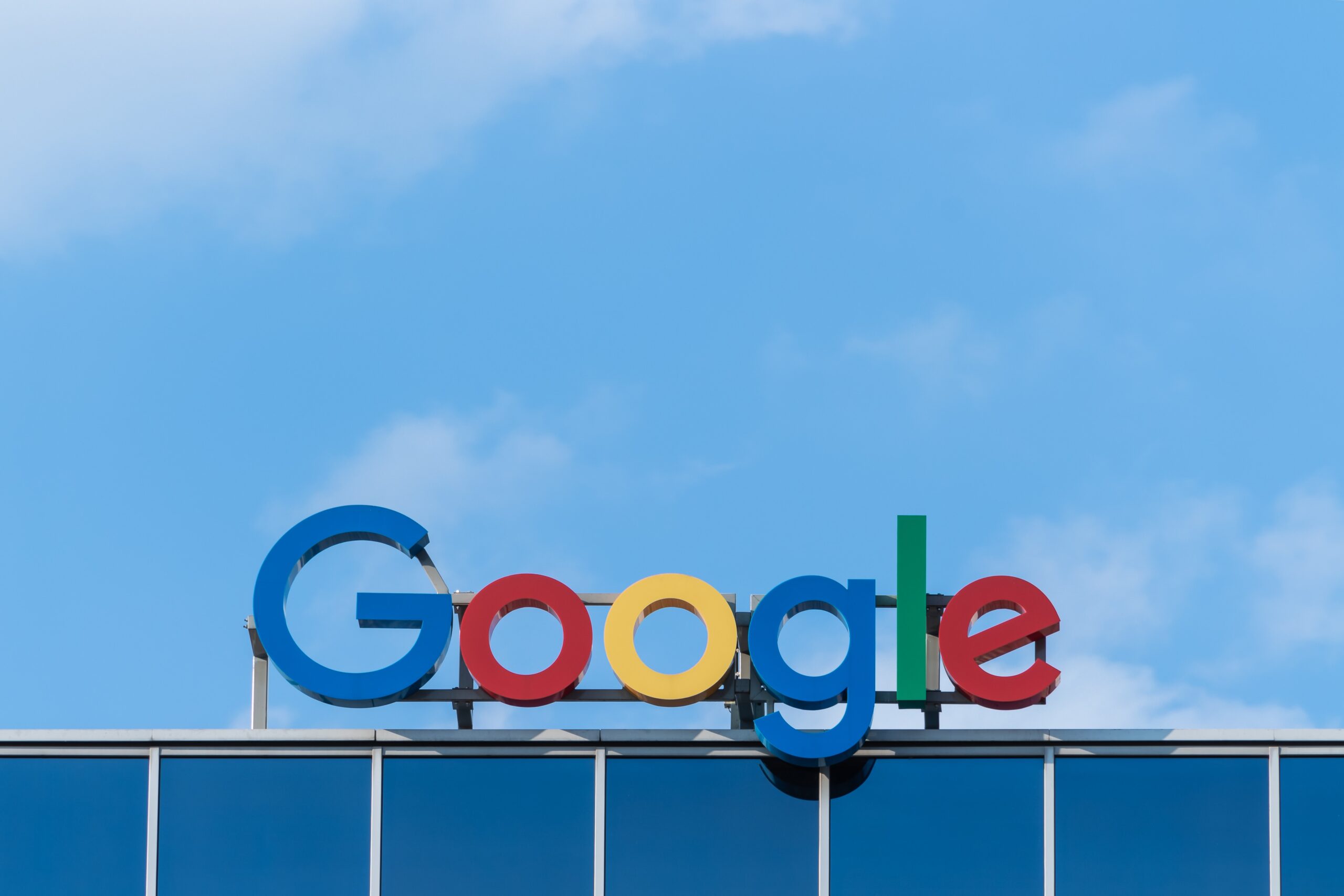Google has pulled out all the stops in its latest announcement at the Google Next conference in San Francisco, revealing a wide array of new AI technologies and partnerships. Seemingly designed to directly counter the recent advancements by OpenAI and Microsoft, Google’s flurry of innovations signals its aggressive repositioning in the AI landscape.
Google’s Flagship AI Model – Gemini
Google’s new flagship AI model, “Gemini,” is being promoted as a direct competitor to OpenAI’s ChatGPT-4 Enterprise platform. With computing power claimed to be five times greater than GPT-4, Gemini appears to be Google’s answer to OpenAI’s recent advancements. The model will be publicly released in December 2023 and is trained on Google’s state-of-the-art TPUv5 chips, boasting the capability to operate with an astonishing 16,384 chips simultaneously.
Google also showcased an impressive range of AI-driven tools, aimed primarily at enterprise applications. For instance, the “Duet AI in Workspace” will facilitate users in drafting emails, creating documents, and generating custom visuals across Google apps. Google stated that this addition comes in response to strong customer demand and has already been tested by over a million users.
Furthering its advancements, Google introduced the new version of its text model called PaLM, designed to facilitate the processing of more extensive text documents like legal briefs and books.
An intriguing tool called “SynthID” was also announced. This technology can subtly watermark AI-generated images, altering the digital file in a way invisible to the human eye but designed to withstand any image alterations or tampering.
Enterprise-Level Cloud and Security Services
Google is also extending its cloud capabilities, adding 20 new AI models to its existing suite, bringing the total count to 100. As part of this, Google will offer its enterprise cloud customers access to Meta Platforms’ AI model LLaMa 2 and startup Anthropic’s Claude 2.
To simplify the complex task of database porting from Oracle to open-source versions, Google has developed an AI-powered tool specifically for this notoriously challenging process.
Custom AI Chips and Supercomputing Capabilities
Ahead of launching its fifth-generation tensor processing unit (TPU), Google has made available a version optimized for genAI and large language models, named TPU v5e. This chip is part of what Google refers to as a “supercomputer,” consisting of 256 TPU v5e chips that can be connected to address complex computational challenges.
New Partnerships and Future Plans
Notably, Google has secured new partnerships with companies like General Motors and Estee Lauder, directly challenging OpenAI’s prior collaborations with these organizations. The company also announced a multi-year agreement with the government of El Salvador, with a focus on digitizing the nation’s government, healthcare, and educational sectors.
Price Points and Availability
Google has made these AI-powered tools available to enterprise customers at a monthly price of $30 per user. The company also hinted at the rollout of further offerings aimed at different customer segments, including small and medium-sized businesses and consumers.
Google’s wide-ranging announcements indicate a concerted effort to reclaim the spotlight in AI innovation and counter the strategies of competitors like OpenAI and Microsoft. With these new tools and partnerships, Google is aggressively positioning itself as an all-encompassing solution for enterprise AI needs.


0 Comments